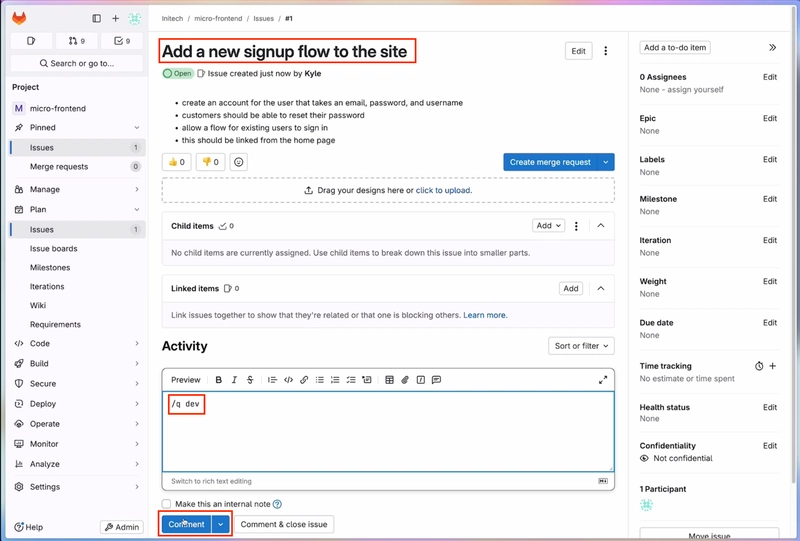Gabbard says it was 'mistake' for reporter to be added to Signal group chat
Director of National Intelligence Tulsi Gabbard called it a “mistake” that a journalist was added to a Signal group chat discussing an imminent attack on Houthi rebels in Yemen. “It was a mistake that a reporter was inadvertently added to a signal chat with high-level national security principles, having a policy discussion about imminent strikes...

Director of National Intelligence Tulsi Gabbard called it a “mistake” that a journalist was added to a Signal group chat discussing an imminent attack on Houthi rebels in Yemen.
“It was a mistake that a reporter was inadvertently added to a signal chat with high-level national security principles, having a policy discussion about imminent strikes against the Houthis and the effects of the strike,” Gabbard said Wednesday in an appearance before the House Intelligence Committee.
Gabbard did not directly address the appropriateness of using Signal for such a discussion, even as intelligence agencies have cautioned employees about the app being a target of foreign intelligence services.
“Ideally, these conversations occur in person. However, at times fast-moving and coordination of an unclassified nature is necessary where in-person conversation is not an option,” she said.
She noted that Signal comes preinstalled on many government computers, and “we strongly urge highly targeted individuals to immediately review and apply best practices.”
“The conversation was candid and sensitive, but as the president national security adviser stated, no classified information was shared. There were no sources, methods, locations or war plans that were shared. This was a standard update to the national security Cabinet that was provided alongside updates that were given to foreign partners in the region,” she said.
In a hearing before the Senate on Tuesday, Gabbard denied there was any classified intelligence shared on the chat.
But the Signal chat was shared by The Atlantic on Wednesday ahead of the House Intelligence Committee hearing, showing the officials discussing detailed war plans, including the timeline of the strikes and the targets.











































































